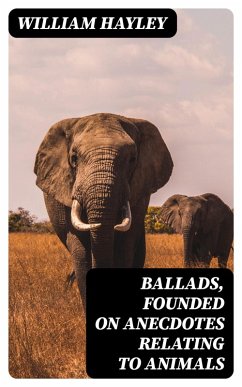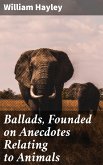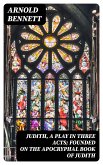In "Ballads, Founded on Anecdotes Relating to Animals," William Hayley presents a unique and whimsical collection of narrative poems that weave together human experiences with the rich tapestry of animal life. Each ballad draws inspiration from anecdotes that not only entertain but also provoke reflection on human-animal relationships, morality, and the natural world. Hayley's lyrical style is characterized by a melodic cadence and vivid imagery, inviting readers into a realm where anthropomorphism serves to reveal deep truths about human nature itself. This work is situated within the broader context of Romantic literature, highlighting a fascination with nature and emotion amidst the encroaching industrial age. William Hayley (1745-1820) was a multifaceted figure in the literary realm, known not only for his poetry but also for his roles as a biographer and patron of the arts. Having experienced a deep love for nature and animals throughout his life, he embarked on this project during a period when awareness of animal rights began to surface in society. His experiences shaped his understanding of humanity's connection to the natural world, making him the perfect conduit for exploring these themes through verse. This delightful volume is highly recommended for readers interested in animal rights, poetic narrative, or Romantic literature. Hayley's ability to blend tenderness with moral inquiry resonates through the ages, making this collection a meaningful source of inspiration and reflection. Each ballad encourages readers to reconsider their perspectives on the creatures that share our world.
Dieser Download kann aus rechtlichen Gründen nur mit Rechnungsadresse in A, B, BG, CY, CZ, D, DK, EW, E, FIN, F, GR, H, IRL, I, LT, L, LR, M, NL, PL, P, R, S, SLO, SK ausgeliefert werden.









